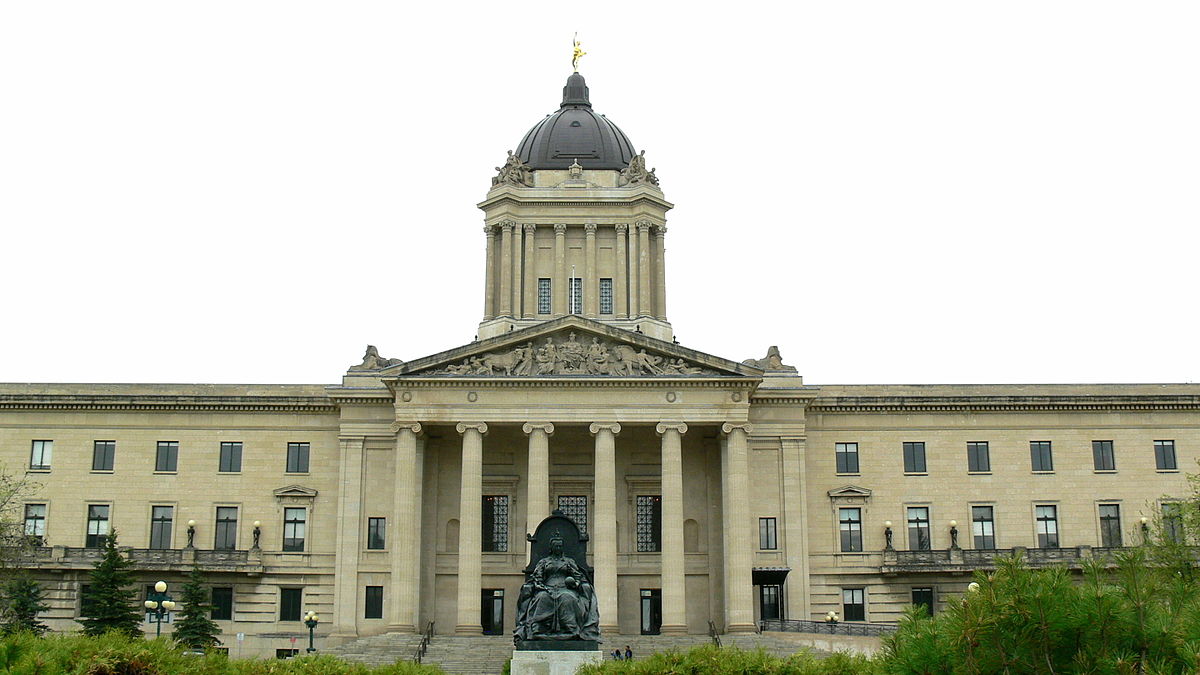Manitoba Premier Brian Pallister might best be remembered as the Grinch who stole the 2020 Christmas, forbidding citizens from in-person shopping and gathering for the holiday. However, he has another legacy, more like the Canadian Tire Christmas commercials that said, “Give like Santa, save like Scrooge.” Pallister was both Santa and Scrooge by restraining growth in the provincial civil service.
Manitoba’s politics was much different seven years ago. The Harper Conservatives had been nine years in power federally and the provincial NDP had ruled Manitoba for fourteen. According to Statistics Canada, Manitoba’s civilian federal government employees were paid $68.2 million in March of 2015, slightly more than the $64.9 million of provincial government employees, and $64.1 million for municipal employees.
Then the script got flipped. The Trudeau Liberals gained power in the fall of 2015, followed by the Pallister Progressive Conservatives in the spring of 2016. One government adopted largesse and the other embraced restraint.
At 27 percent of the whole economy, Manitoba still has a larger public sector than most provinces. Only Saskatchewan, PEI, and Newfoundland have higher percentages. The difference now is how many more of its employees are federal.
In March of 2022, employee pay for federal government administration in Manitoba totaled $114.4 million—a 67.9 per cent increase from seven years prior. Meanwhile, provincial counterparts were paid $70.0 million, up just 7.9 per cent, while municipal employee pay jumped 23.4 per cent to $79.1 million. In the overall economy, wages and salaries grew 26.9 percent in Manitoba over that time.
How did federal pay grow like a cancer? The prime minister’s dismissal of balanced budgets is an important part of the answer. The budget doesn’t balance itself, but government departments sure do take care of themselves.
What department head ever got promoted by making its workforce smaller? Which of them ever said, ‘Let’s not spend our allocated budget this year’? Or, “Let’s all work harder, so we don’t need so many people here!”
Unions also say, “More, more, more!” More employees equals more union dues. Higher salaries help the union kitty grow. Layoffs? No. Solidarity—forever!
All these dynamics make the federal and provincial governments quiet about their differing approach for equally differing reasons. No party leader ever won power saying, “We are going to hire ever more of your best and brightest to bury them in bureaucratic cubicles.” A premier that said, “We will cut your taxes” might win, but if he declares open war on his civil service, he’ll have relentless opposition from his own workforce. A wiser approach going forward is a low-key combination of attrition and minimal pay increases.
That was the slightly charm impaired Pallister’s tack, but perhaps not his successor’s. With its oversized public sector, Manitoba should, at a minimum, aim to have just an average sized public sector – not hard to do over a few more years. Disappointingly, Statistics Manitoba shows the pay in provincial government administration grew 8.4 percent year-over-year in the first quarter of 2022. That was more than federal or municipal departments or the general economy.
Ronald Reagan once said that the nine scariest words are, “I’m from the government and I’m here to help.” Sometimes less really is more. A referee who does his job well gets few complaints, but little praise either. All these statements apply to Pallister’s understated legacy. Yes, he cancelled Christmas, but he also shrunk government—and that was a gift, indeed.
Lee Harding is Research Associate at the Frontier Centre for Public Policy.



